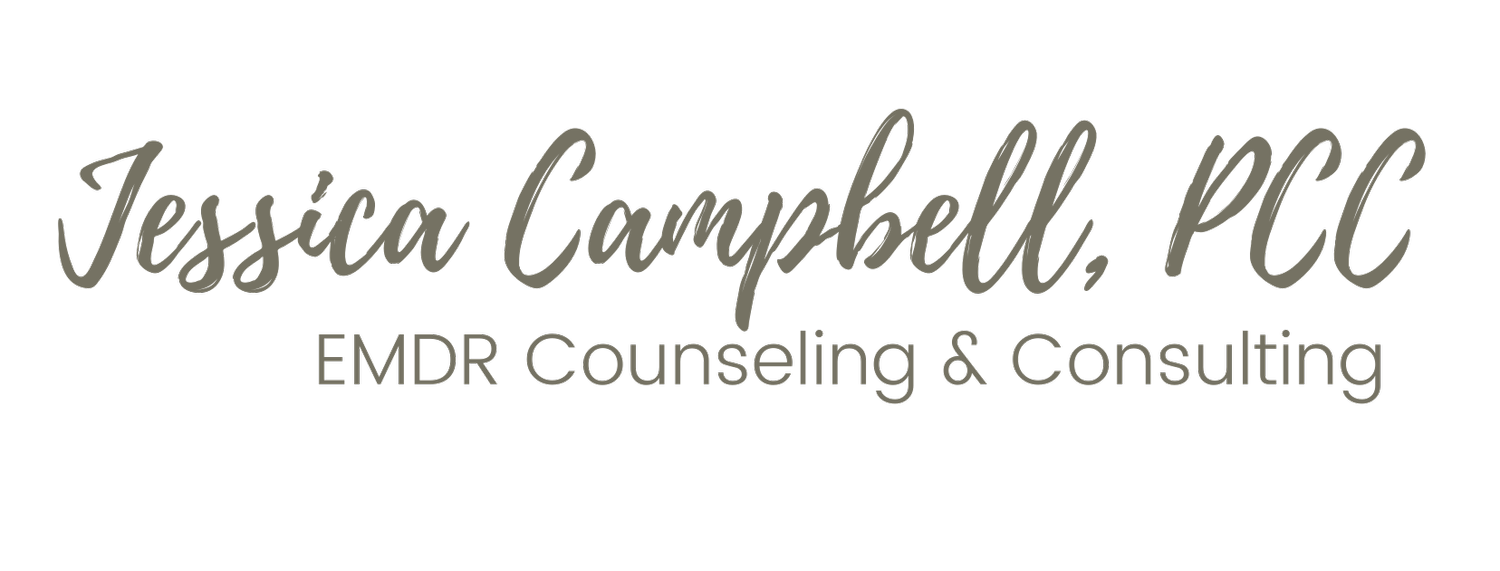EMDR 2.0
The therapy power tool you definitely want to try…
EMDR = freedom from the past.
Everyone has negative experiences, and those experiences influence our self-beliefs and where there are negative self-beliefs, there are EMDR “targets.”
EMDR is a therapy power tool. And it still blows my mind to see how fast it can relieve suffering.
EMDR is not talk-therapy. You don’t have to go into detail about your experience to heal from it.
It’s not a miracle cure, but sometimes it feels like it is. EMDR is effective in healing both adult and childhood trauma, as well as having a powerful impact on so many other things people seek counseling for like depression, anxiety and phobias, relationship issues, many physical problems/pains, and more.
Your brain wants to heal itself, it just needs the right set of circumstances.
For isolated/specific trauma incidents, real healing can occur in just 1-2 sessions. Sometimes it takes many sessions get the healing you want. As a general rule, the younger you were and the longer the trauma went on, the longer your treatment will need to be.
But it can free your mind like nobody’s business.
You will see a lot of info out there on EMDR as a trauma therapy, which it is, but it is not just about healing what many people consider trauma.
The kid who picked on you on the playground, your dad criticizing that thing you worked so hard on, your mom not noticing you because she was wrapped up in her own stuff, your partner blowing up at you - that and more can all get stuck in your nervous system.
Our feelings, behaviors, relationships, the choices we make, the way we perceive/filter everything is determined by our previous learning - and sometimes, our previous learning isn’t super helpful in our current life.
Often, EMDR is the catalyst that finally moves people forward after years of therapy.
Other treatment programs can be far more effective once EMDR removes the blocks that have been holding them back.
Learn More about EMDR
A great resource is EMDR International Association’s About EMDR page. Also, watch these 2 videos, and check out the resources below.
Books
For a good understanding of what EMDR can do and to be really prepared to get the most out of your own EMDR sessions, read Getting Past Your Past by Francine Shapiro. It has a lot of helpful exercises and plenty of real life examples of how EMDR helps us move forward. For a shorter read The EMDR Revolution by Tal Croitoru also has good client stories and is more to the point.
For the nerds out there who want more of the science, read Uri Bergmann’s Neurobiological Foundations for EMDR Practice. Not for the faint of heart.
EMDR International Association is the official page - plenty of EMDR info there.
PsychCentral has some good info.
Ana Gomez’ site has a good little description of EMDR with kids, but it is helpful for adults to read too.
Also, if you skim the first chapter of David Grand’s book Emotional Healing at Warp Speed: The Power of EMDR (just click on “look inside” for a free peek), you will see a bit more of why EMDR is so exciting.
Other Videos
A Therapist Explains How EMDR Works
Healing with EMDR, Personal Stories
Brief trailer from the EMDR documentary.
Research
Substantial research has established EMDR as an evidence-based psychotherapy. The EMDR procedures and protocol used by the researchers meet the standards of those trained in EMDR therapy approved by EMDRIA. This standard of intervention has earned the top-level approval as an evidence- based intervention by the World Health Organization (WHO), American Psychological Association (APA), Department of Defense (DOD), Department of Veterans Affairs (VA), etc. Research is also demonstrating that EMDR therapy effectively treats other mental health conditions in addition to PTSD; the clinical experience of thousands of counselors is just waiting for the research to catch up. ;0)
When looking for an EMDR therapist, look for someone who has fully completed a basic training approved by EMDRIA, even better if they are certified. Most important – try to find someone who is passionate about EMDR, who finds the art in it, because if they love it, they are going the extra mile to continually improve their skills and use it for all its worth. If you find a really good one, I would love for you to email me the info so I can add that therapist to my referral list.
I am EMDR Certified and an EMDRIA Approved Consultant.
“Life shrinks or expands in proportion to one’s courage.”
— Anais Nin

